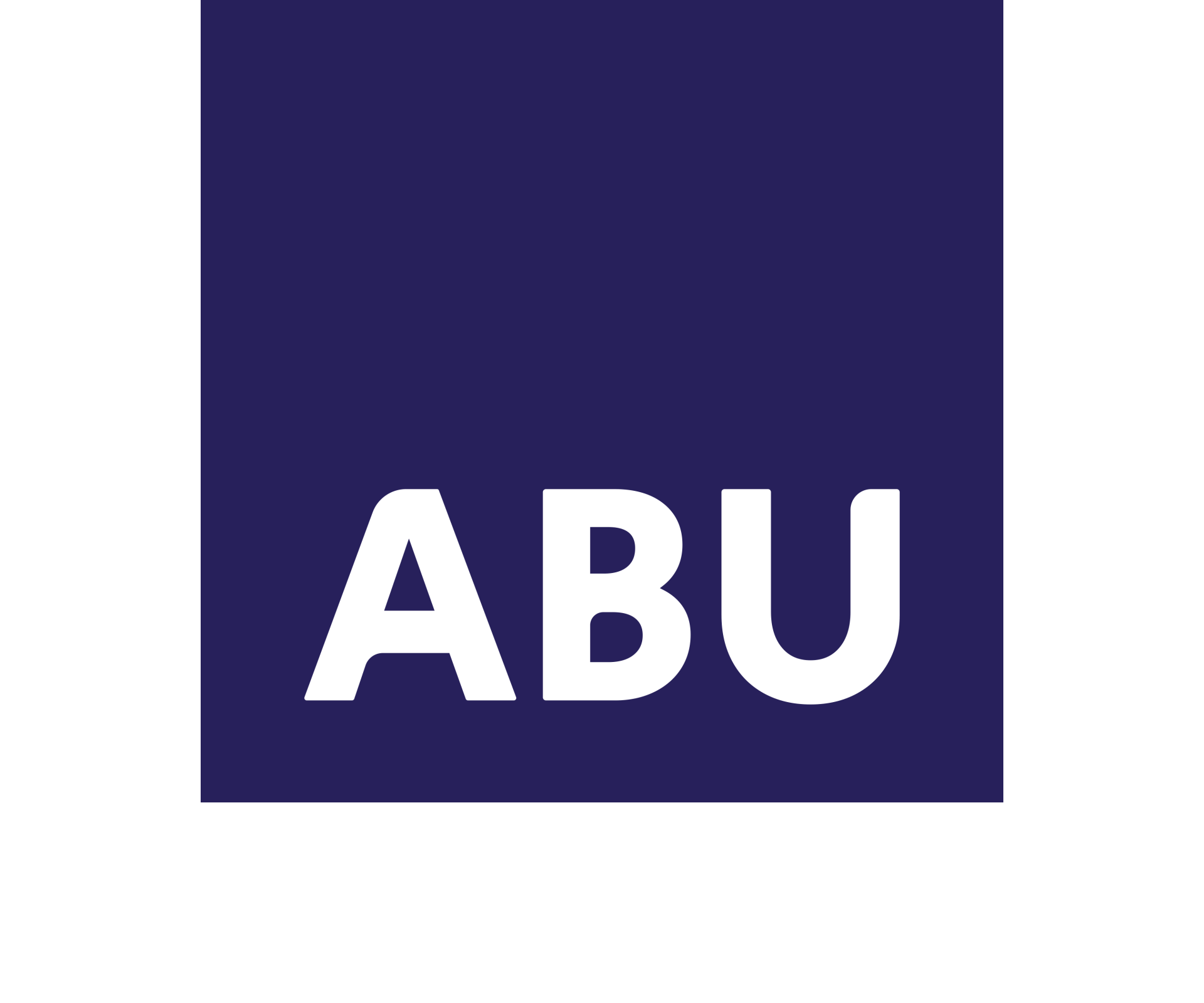Can generative AI help you generate your next job?

Feb 28, 2023
If you’re looking for work at the moment, it may not feel like there’s a ‘global skills shortage’ or high levels of employment. In fact, you’ve probably heard stories about people who have applied for hundreds of jobs and only had replies from a handful of them.
And then there’s all the advice about personalising your application and using the employers choice of keywords. The warnings about how businesses use AI to scan CVs for the right skills before they even think about getting a human to read them.
It’s tough out there. It seems like there are lots of tools for recruiters and employers to use to make things easy, but what about candidates?
Well, with ChatGPT available to use for free, you might be thinking “Finally, a tool to help me!”. But is this artificial intelligence (AI) conversationalist really going to help you find work? Let’s find out! Can ChatGPT help you follow these three bits of timeless advice that recruiters give to job seekers?
Use the same keywords as shown in the job specifications
Many recruiters use software to parse CVs for the keywords that they are looking for, generally skills or experience that is crucial to the role. If you have those skills or the right experience, but you use different words to describe it than the ones the recruiter has used? Well, you might just end up in the ‘discarded’ pile.
One way around this is to fire up ChatGPT and enter something like: “List the top ten most important keywords or key phrases related to skills or experience in the job description below.” - then, just paste the job ad and person spec into the same box and hit enter.
We gave it a go on a job description (including role and person spec) for a customer service role. The results? Well, pretty spot on! Here are the keywords it identified:
- Customer service experience
- Communication skills
- Microsoft Office experience
- Office administration experience
- Flexibility and adaptability
- Attention to detail
- Problem-solving
- Team player
- Time management and planning
- Ability to work well under pressure
These are the top skills in the advert, and they’re phrased in the same way. Interestingly - when giving it a ‘human’ read-through from a candidate’s perspective - the whole job advert seemed to be calling for ‘organisational skills’. You could be forgiven for thinking that they would be a top priority. But, the words ‘organisational skills’ do not appear once. If you chose that as your focus, you could be rejected automatically.
So yes, ChatGPT could be really useful for helping you to identify keywords. But be careful to check and double check the results, just in case! And don’t include additional information from the job spec, such as benefits, as this could reduce the strength of ChatGPT’s output.
Personalise the cover letter
When asked to write a cover letter for the same role it had just pulled the keywords from, ChatGPT absolutely nailed it. The cue required a little additional context:
“For the same job, can you write a cover letter (less than 500 words) that explains why you would be great for the role? Make sure you mention all of the keywords that you identified. You can include the following information:
- I have ten years' customer service experience, including in person and as a remote customer service assistant.
- The role is for a company I have always admired. I used to take myself to their local shop as a special treat on my birthday.
- I love my current job, but I am ready for a new challenge.”
These additional bullet points are things you don’t really want ChatGPT to guess at or make up - they are personal to you! And the introductory paragraph gives it some parameters. What is really impressive is how it used those prompts in context and expanded on them very naturally. It even went on to mention some of the attributes mentioned in the job advert that weren’t top keywords.
“I have always admired your company and as a customer, I used to visit one of your shops on my birthday as a special treat. I was always impressed by the level of customer service I received, which is why I am particularly excited about the opportunity to join your team.”
It even closed with “Thank you for considering my application. I am looking forward to the opportunity to discuss how I can contribute to your company's continued success.” - a classic, (but effective) closing statement.
You can see how ChatGPT has been passing exams and convincing people that it’s actually a human.
Stand out from the crowd
This final piece of advice is what will set you apart when a human finally picks up and reviews your CV. Can AI really help with this?
Well, we were sceptical too. But we gave it a go using the following cue: “Now make it a bit more weird and quirky. I still want it to be professional, but make it stand out from the crowd. Perhaps use some fun stories about your previous work to show some of those keywords in action.”
And wow. The response was fantastic. Here’s an excerpt:
“I have always been a big fan of your company and I still remember the first time I walked into one of your shops. It was like a magical wonderland for me, and I felt like a kid in a candy store. I made it a tradition to visit the shop on my birthday every year, just to bask in the glory of your fantastic customer service.”
Okay, it’s a bit over the top. But that’s what we asked for! And the final touch when working with ChatGPT should always be a thorough edit to ensure it’s true and in your tone of voice. Think of these responses as inspiration - a springboard to help you arrive at a cover letter that is uniquely yours. You take what is given to you and rein it back in to suit your own style.
Of course, the most important thing in applying for jobs is your integrity. Don’t lie, or let ChatGPT lie for you, and thoroughly edit the output before use. That bit that says “Perhaps use some fun stories…” is really to spark inspiration rather than give you material to use verbatim.
Some caveats
As with any technology, things can and do go wrong. By understanding a little more about how ChatGPT works, you can avoid falling into the trap of making dangerous assumptions. For example, just because it’s a machine does not mean it’s immune to making mistakes. That’s partly because all of the data it has been trained on is written by humans. But it’s also because it doesn’t understand context. Or even language! It just gives the illusion of understanding language.
In reality, it is a model that has learned grammar rules and patterns from scanning billions of pieces of text - it does not understand nuance, or sarcasm, or anything else that makes human communication so wonderfully rich. It has been optimised for conversational ability (not accuracy), and it also has only been trained on data up to 2021.
Essentially, it is just really, really good at predicting which word to use next in a sentence based on what it has been trained on and the context in your cue. Its aim is to provide an answer that satisfies the question. Even if the answer itself is not strictly true…
That’s not to say it will generate factually inaccurate answers on purpose. Just that the responses are not checked for accuracy - that’s your job!
But caveats aside, this tool could revolutionise the way that job seekers apply for jobs. Recruiters are already using tools to identify keywords, so it levels the playing field a bit to help candidates do the same thing. It’s not that AI can give them an unfair advantage; if anything, it makes the rules clearer so that they’re on a more even playing field. We can’t wait to see what the future holds for ChatGPT and its inevitable competitors!







